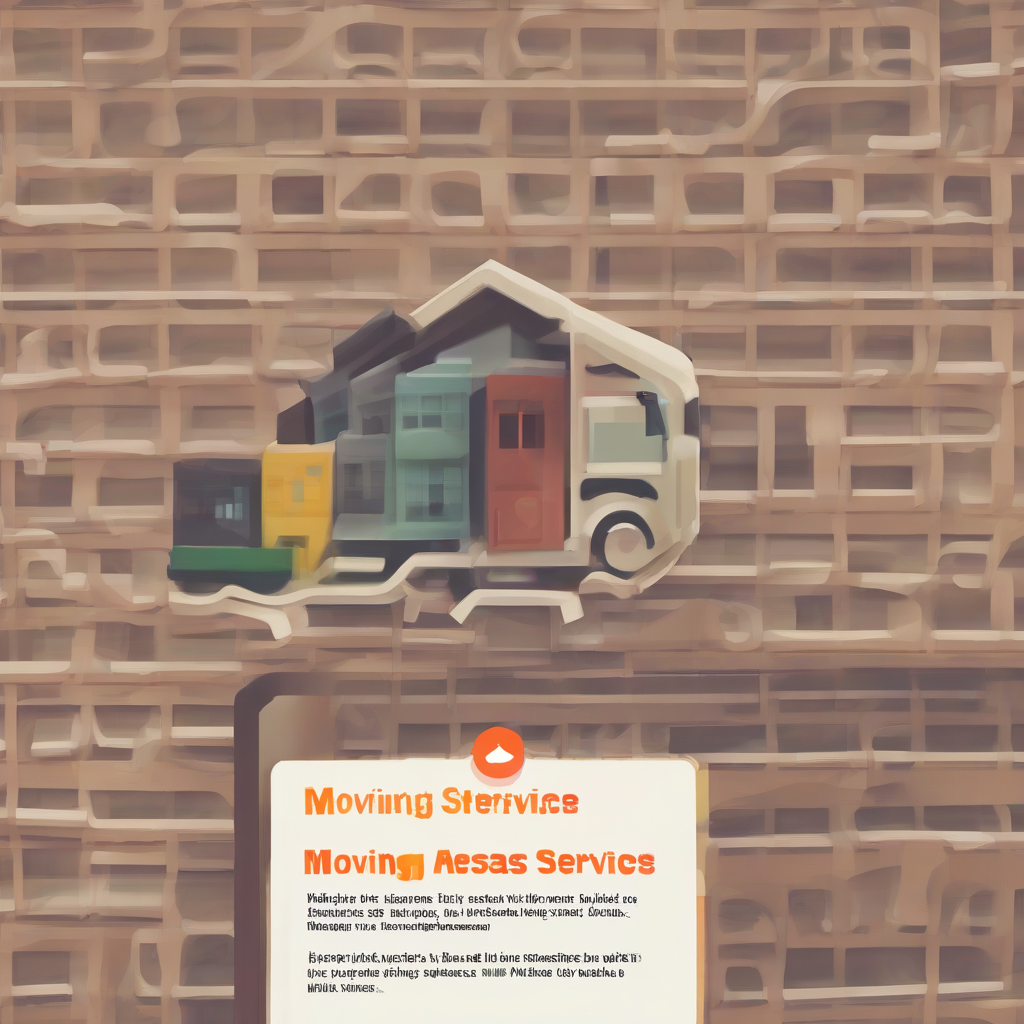Finding the Perfect Mover: Your Comprehensive Guide to Local Moving Services

Finding the Perfect Mover: Your Comprehensive Guide to Local Moving Services
Searching for "mover service near me" can feel overwhelming. The sheer number of options, coupled with the inherent stress of moving, often leaves individuals feeling lost and unsure of where to begin. This comprehensive guide aims to demystify the process, equipping you with the knowledge and tools to select the ideal moving company for your needs.
Understanding Your Moving Needs
- Local vs. Long-distance Move: Local moves typically involve distances within a specific city or region, while long-distance moves encompass greater distances, often across state lines. The type of move significantly impacts the cost and services offered.
- Residential vs. Commercial Move: Residential moves pertain to household belongings, while commercial moves involve office equipment, furniture, and other business assets. Specialized expertise may be required for commercial relocation.
- Volume of Belongings: Accurately assessing the volume of your possessions is crucial for selecting the appropriate truck size and crew. Underestimating can lead to additional charges, while overestimating can be unnecessarily expensive.
- Special Items: Identifying any fragile, oversized, or valuable items (pianos, antiques, artwork) requires special handling and may necessitate additional insurance or specialized equipment.
- Budget Constraints: Setting a realistic budget early on is vital. Factor in not only the moving company's fees but also packing materials, potential storage needs, and tipping.
- Timeline: Determine your desired moving date and allow ample time for planning and scheduling. Popular moving seasons (summer and holidays) tend to command higher prices and require earlier bookings.
Finding Reputable Movers Near You
Your search for "mover service near me" should go beyond simple online searches. Here's a structured approach:
- Online Directories and Review Sites: Utilize platforms like Yelp, Google My Business, Angie's List, and the Better Business Bureau (BBB) to research local movers. Pay close attention to customer reviews and ratings. Look for consistent positive feedback and address any negative reviews carefully.
- Referrals from Friends and Family: Word-of-mouth recommendations often provide valuable insights into a mover's reliability, professionalism, and pricing.
- Professional Associations: Consider checking for movers affiliated with professional organizations like the American Moving and Storage Association (AMSA). This can be an indicator of adherence to industry best practices.
- Check Licenses and Insurance: Verify that the moving company holds the necessary licenses and insurance to operate legally and protect your belongings in case of damage or loss. Request proof of insurance before finalizing any agreement.
Evaluating Moving Quotes
Once you've narrowed down your options, obtain detailed written quotes from several movers. Don't solely focus on price; consider these factors:
- Detailed Breakdown of Costs: The quote should clearly itemize all charges, including labor, transportation, packing materials, insurance, and any additional fees.
- Binding vs. Non-Binding Estimates: A binding estimate guarantees the final price, while a non-binding estimate is an approximation that may vary. Understand the implications of each type before agreeing.
- Insurance Coverage: Clarify the level of insurance coverage offered. Consider purchasing additional coverage for high-value items.
- Payment Terms: Understand the payment schedule and accepted payment methods. Beware of companies that demand full payment upfront.
- Contractual Agreements: Thoroughly review the contract before signing. Pay attention to liability clauses, cancellation policies, and other important terms and conditions.
Preparing for Your Move
Effective preparation significantly eases the moving process. Here's a checklist:
- Declutter and Purge: Get rid of unwanted items to minimize the amount you need to move. This reduces costs and simplifies packing.
- Packing Supplies: Gather sufficient packing materials like boxes, tape, bubble wrap, and packing peanuts. Consider purchasing professional-grade packing supplies for fragile items.
- Packing Strategy: Start packing non-essential items early. Label all boxes clearly with their contents and the destination room.
- Inventory List: Create a detailed inventory list of your belongings, including descriptions and estimated values. This is crucial for insurance purposes.
- Change of Address: Notify relevant parties of your change of address, including banks, post offices, subscription services, and government agencies.
- Utilities and Services: Arrange to disconnect utilities at your old residence and connect them at your new one.
Moving Day Checklist
On moving day, stay organized and ensure a smooth transition:
- Confirm Arrival Time: Contact the movers to confirm their arrival time and ensure everything is on schedule.
- Supervise the Loading Process: Be present to oversee the loading of your belongings to prevent damage and ensure all items are accounted for.
- Protect Your Belongings: Consider using furniture pads or blankets to protect valuable or fragile items during transit.
- Walk-Through Inspection: Perform a thorough walk-through inspection of your new residence to identify any potential issues.
- Unpacking and Settling In: Prioritize unpacking essential items first and gradually unpack the rest at your own pace.
- Payment and Tip: Pay the moving company according to the agreed-upon terms and consider providing a tip to the movers for their hard work.
Dealing with Potential Problems
Even with meticulous planning, unforeseen issues may arise. Be prepared to handle:
- Damaged Items: Document any damaged items immediately and notify the moving company. File an insurance claim if necessary.
- Missing Items: Report any missing items promptly to the moving company and review your inventory list. Follow up with the company's claims process.
- Unexpected Costs: If unexpected costs arise, review the original contract and clarify any discrepancies with the moving company.
- Scheduling Conflicts: Communicate any scheduling issues immediately with the moving company to find a mutually agreeable solution.
Choosing the Right Type of Moving Service
- Full-Service Movers: These companies handle every aspect of the move, from packing and loading to transportation and unpacking.
- Partial-Service Movers: These offer specific services, such as packing, loading, or transportation, allowing you to customize the level of assistance you need.
- Self-Service Movers: You rent a moving truck and handle all aspects of the move yourself. This is the most cost-effective option, but also the most labor-intensive.
- Specialized Movers: Some companies specialize in moving specific types of items, such as pianos, antiques, or artwork, requiring specialized handling and equipment.
Factors Influencing Moving Costs
- Distance: The greater the distance, the higher the cost.
- Weight and Volume: The more you're moving, the more expensive it will be.
- Time of Year: Peak moving seasons (summer and holidays) generally command higher prices.
- Services Required: Full-service moves are more expensive than self-service moves.
- Packing Materials: The cost of packing materials can add up, especially if you opt for professional packing services.
- Insurance: Higher levels of insurance coverage typically result in higher costs.
- Fuel Surcharges: Fuel costs can fluctuate, leading to potential fuel surcharges.
What's Your Reaction?

















